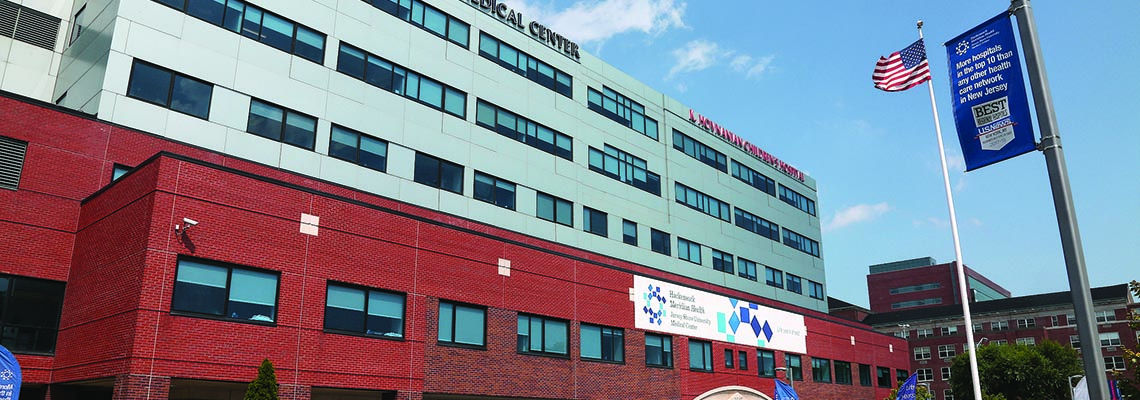

Program Details
Curriculum
Core didactic curriculum covers all major topics in pediatric hospital medicine including physiology/pathology, microbiology, pharmacology, ethics and sub-specialty topics including cardiology, genetics, endocrine, neurology and many others. A Statistics in Medicine course covers major topics in bio-statistics and research methodology. Pediatric hospital medicine fellowship quality improvement curriculum introduces or reinforces process improvement methodology, tailored to each fellow’s needs.Educational Conferences
During the two-year fellowship, fellows will actively participate in a variety of conferences. The goal of these conferences is to improve:- Critical thinking
- Understanding and interpretation of the literature
- The management of patients with complex conditions and diseases
- The understanding of ethical and palliative care principles in the care for hospitalized children.
Major educational conferences are listed below.
| Conference | Frequency |
| Quality/Morbidity & Mortality Conference |
Quarterly |
| Fellowship Lecture Series | Bi-monthly |
| Journal Club | Monthly |
| Statistics in Medicine | Self-paced |
| Fellowship Quality Improvement Course Series |
Monthly |
| Grand Rounds | Weekly |
| Morning Report |
Monday, Wednesday, Friday |
| Interdisciplinary team meetings |
Varies |
Clinical Rotations
Clinical training consists of rotations at our tertiary site at Jersey Shore University Medical Center (JSUMC), with a community rotation at our affiliated hospital, JFK University Medical Center. Our hospital has 45 inpatient beds, and approximately 1,300 admissions per year. Additionally, JSUMC houses a well newborn nursery, a 35-bed Level III NICU, and a 10-bed PICU. Fellows will be exposed to a variety of clinical cases, including bread and butter inpatient pediatrics as well as children with medical complexity and unusual presentations. JSUMC has various pediatric subspecialty as well as surgical support including:
- Adolescent Gynecology
- Allergy/Immunology
- Anesthesia & Sedation
- Behavior/development
- Cardiology
- Child Abuse & Neglect
- Dermatology
- Endocrinology
- ENT
- Gastroenterology
- Genetics
- Hematology/oncology
- Infectious disease
- Nephrology
- Neurology
- Neurosurgery
- Orthopedics
- Palliative Care
- Pediatric surgery
- Physical Medicine and Rehabilitation
- Pulmonology
- Radiology
- Rheumatology
- Urology
Fellows can choose to do clinical electives, based on their own individualized needs and career goals. Core inpatient rotations are scheduled longitudinally 1 week at a time (as opposed to 4-week blocks) to mirror attending schedules and to provide amble protected time for scholarly pursuits. Fellows will work no more than 1 weekend per month.
Research and Innovation
A formal scholarly oversight committee (SOC) will be established to mentor and guide each fellow during the fellowship program. The SOC will be composed of at least three individuals, including the fellowship director or core faculty member, an expert in biostatistics or quality improvement methodology, and at least one additional mentor with expertise in the particular area of scholarship that is being pursued by the fellow. Fellows can choose a scholarly project in clinical research, quality improvement or medical education. Our faculty is involved in multiple consortiums, including the Pediatric Research in the Inpatient Setting (PRIS), New York City Regional PHM Collaborative, AAP Value in Inpatient Pediatrics (VIP) Network as well as the New Jersey AAP, which offer opportunities for collaborative scholarship.
Each fellow is expected to formalize their hypothesis and submit their written proposal in the first 6 months of fellowship. By the end of year one, data collection should be near completion. Second year of fellowship will be used to analyze data and present results. Each fellow will present their research results at Hackensack Meridian Health’s annual Research Day. Fellows are encouraged and expected to submit to regional and national conferences. Manuscript preparation and submission at the end of the training program is required; submission to a peer reviewed journal is highly encouraged.
Center for Simulation and Experiential Learning
With a vision to cultivate an organizational environment that is dedicated to interdisciplinary, professional, patient-centered education, HOPE Tower features a high-tech simulation laboratory.
In the 6,500+ square foot, state-of-the-art innovative simulation laboratory, team learning is fostered through experiential and simulation-based technique with an emphasis on patient safety, quality, innovation and patient interaction.
Residents and fellows gain training for various high-risk scenarios, allowing for real-time exposure to high acuity incidents in a controlled environment. The integration of simulation-based and “real-life” experiential learning into interdisciplinary education programs builds upon Hackensack Meridian Health’s continued commitment to leadership in health care education.